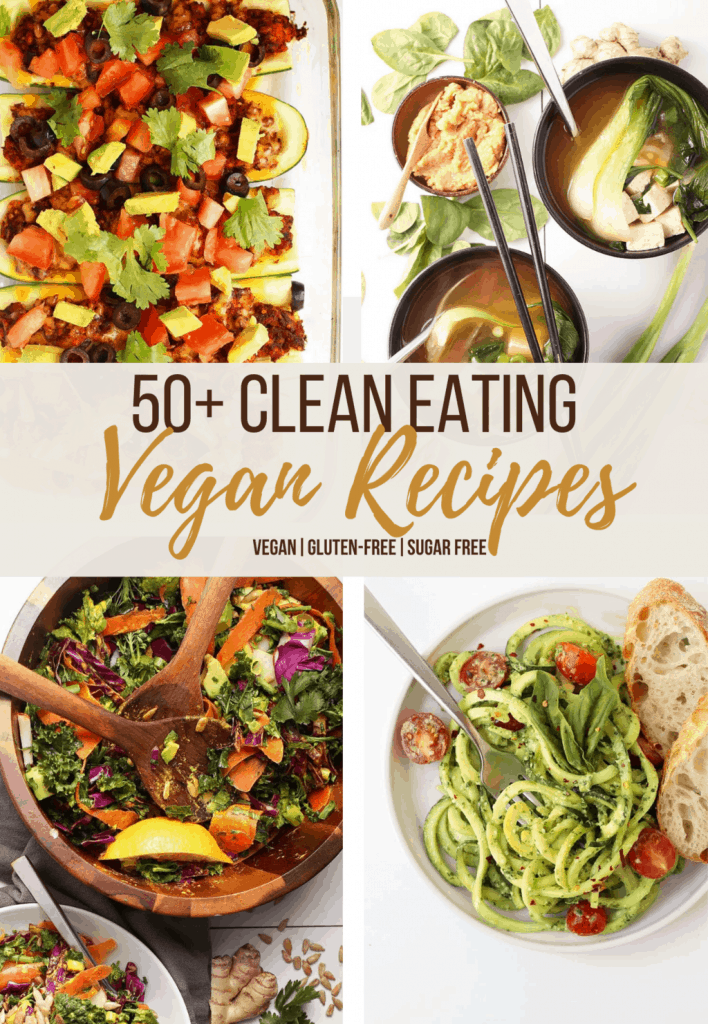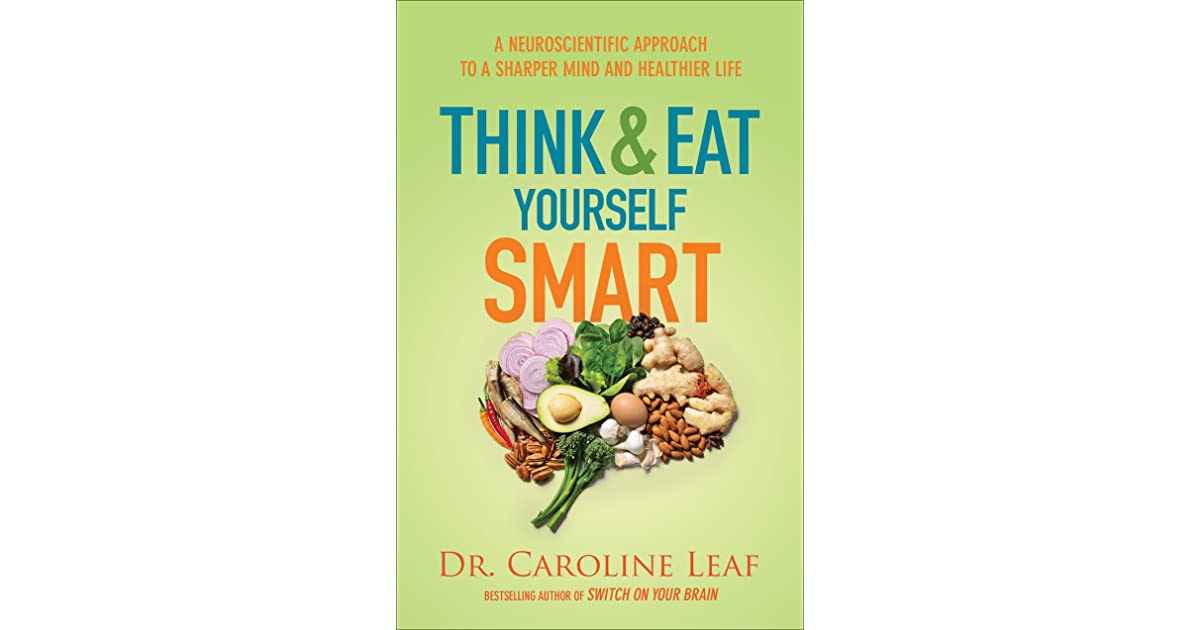
Healthy eating does not necessarily mean giving up on your favorite foods. You can add vegetables to your daily diet depending on how advanced you are. You can serve them in many forms including soups and smoothies, sandwiches, salads, and even as a side dish. Vegetables come in a wide variety of colors, and they provide different vitamins and minerals. Fresh fruits and vegetables are best but canned and dried fruits can be eaten. It is vital to wash vegetables before you eat, because germs and infections can be more common during pregnancy.
Avoid cold or smoked meats during pregnancy. Instead, you should choose fresh fish or tinned fish that's been steaming hot. Although some countries consider deli meats safe, women should avoid these until after their pregnancy. If you aren't sure what to eat during pregnancy, ask your gynecologist. It is important to seek the guidance of your doctor before making a substitution for food.

The growth of a baby can be supported with protein-rich foods. Extra protein is important for a pregnant woman's baby. Therefore, it is important to eat more protein-rich food. High-protein foods may also have vitamins and fiber, which could be helpful for pregnancy. For instance, you can also include more grains in your diet. These are high in fiber as well folate, B vitamins and iron. They can also reduce constipation and hemorhoids.
Dark-green vegetables are rich in folate, which is important for the development of the fetal neural tube, and the growth of the uterus. You can also add frozen vegetables to your meal to make your meal more interesting. Another option is to make your diet more vegetarian, as this is an affordable way to get more protein. It is also high in iron, vitamin C, fibre, and iron. These foods are great sources of iron as well as fibre.
It is great for calcium intake, which is vital for the growth of the baby. Other sources can also provide calcium such as dairy. Low-fat milk is a better option for lactose-intolerant people. Other dairy products contain a lower amount of fat, so make sure to choose one that is low-fat. These foods provide essential nutrients for your baby's growth. Consider the various food groups when choosing what foods to eat.

Consume foods that are high in protein. Although most of these foods are high in protein, it is a bad idea to avoid red meat and other forms of red meat. A good diet should include plenty of whole grains, nuts, and fish. These foods provide vital nutrients and fiber to support the development, health, and well-being of the baby. Beans and peas make excellent choices for pregnant mothers. They are also high-in iron and B vitamins so they make a great choice.
FAQ
What Is The Best Way To Lose Weight?
It's not easy to lose weight. Many people give-up easily because they don’t have the right information.
However, there are some simple steps that you can take to shed those extra pounds.
First, make sure you eat less calories than you burn. If you eat more calories that you burn, you'll gain weight.
To burn all those calories, you should also start exercising. You can choose from different types of exercises, including jogging, walking, cycling, dancing, etc.
Third, you need to stop drinking alcohol and smoking cigarettes. These habits can cause you to consume more calories that you would otherwise.
Fourth, it is important to reduce the consumption of junk food and fatty foods. You can replace them by healthier choices such as fruits, vegetables or lean meats.
Fifth, change your lifestyle. You may have to get up before the rest of the world to exercise.
Sixth, discipline and following a diet plan are essential.
Lastly, you can join a gym or attend an aerobics class to burn those excess calories.
These simple tips will help you quickly see results.
Eggs are good for us.
All nutrients are contained in the egg. It is also good for maintaining strong bones, healthy heart and lungs, as well as stable blood pressure.
Eggs are a great source of protein, vitamins A and B12, D. E. K, calcium, magnesium, selenium and riboflavin.
The egg yolk is high in cholesterol. It does not contain any saturated fat. Eggs are low in saturated fat compared to other foods.
They are also low calories and sodium. Because they can be cooked in almost any way that you wish, they are versatile. They can be poached or scrambled, baked, hard-boiled, or fried.
They are delicious and very easy to prepare.
At least two whole eggs should be consumed each day. You don't have to eat eggs.
Essential nutrients are found in eggs. Try adding them to your daily diet today.
How many calories do I need to eat each day?
This will vary from person-to-person. On average, you need 2000 to 2500 calories per days. It's important to assess your life style, gender, age and height in order to determine how much calories you need.
What is a good exercise routine?
You must exercise regularly to stay fit. No matter what kind of exercise you do, as long you do it consistently. Consistency and consistency are the keys to success. If you want to achieve results, you must stick at it for an extended period.
Begin by walking for a few minutes each day. Then gradually increase the time spent exercising until you spend 30 minutes a day working out. This could include running, cycling, swimming, weight training, yoga, or aerobics classes.
You should try to ensure that you exercise most days of the week. Don't miss any sessions unless you have an excuse.
You should wear the appropriate clothing and footwear if you are exercising outdoors. It is important to take into account the weather conditions, and how they may affect your ability to exercise safely.
When you exercise, make sure you are drinking plenty of water. Drinking alcohol at this time can lead to dehydration. Avoid caffeine-rich drinks like coffee, tea, and coca. They can give you energy, but will also dehydrate.
It's common to feel tired after your first workout. However, if you continue with your program, you'll soon feel more energetic and refreshed.
What is the best exercise routine to build muscle?
There are two main things you must do when building muscle mass. These are compound movements and isolation exercises. While isolating exercises target specific muscles, compound movements are designed to focus on multiple muscle groups at once.
It is important to do exercises that work all of your major muscles groups. This will ensure that you work hard every session.
An app called MyFitnessPal allows you to keep track of everything. It allows you log everything, including calories burned and weight lifted. You can also make custom meal plans according to your goals.
Statistics
- The PRS enabled risk stratification for overall prostate cancer and lethal disease with a four-fold difference between men in the highest and lowest quartiles (HR, 4.32; 95% confidence interval [CI], 3.16-5.89). (pubmed.ncbi.nlm.nih.gov)
- Get free shipping and 25% off today. (healthline.com)
- Cardmembers earn 5% Back at Amazon.com with a Prime Credit Card. (amazon.com)
- 10 pounds in a month is likely during a lean bulking phase, especially for beginners. (muscleandstrength.com)
- Candidates and applicants must pass all four tests at 70% (minimum level) to graduate from Basic Deputy U.S. Marshal (BDUSM) Training. (usmarshals.gov)
External Links
How To
How can I burn fat and exercise?
Exercise helps you lose calories by increasing your metabolism and oxygen intake.
Exercise at a moderate intensity to safely lose weight.
These are the top tips for burning fat while you exercise.
-
Cardio exercises include swimming, running or cycling.
-
For 30 minutes, do it three times a week.
-
Add strength training to your workouts if you are looking to lose more weight.
-
Avoid intense workouts. You can build muscle without breaking down muscle tissue.
-
During exercise, drink plenty of water. Water helps to flush out toxins from the body and maintains proper hydration.
-
Choose low-fat protein shakes after working out. Protein shakes are great for your muscles and energy.
-
Eat smaller meals throughout the day, so you don't feel hungry between meals.
-
Don't skip breakfast! Skipping breakfast can leave you feeling tired and sluggish.
-
Take care of yourself mentally. Stressful situations can slow down metabolism.
-
Keep a positive attitude. Studies show that people who believe they're overweight gain more weight than those who think they look pleasing.
-
Get enough sleep. Insufficient sleep can make it more difficult to lose weight.
-
Stay active. Keep moving every hour.
-
Maintain a healthy diet. You will feel fuller longer if you eat right.
-
Find relaxation techniques. A tense mind doesn't allow your body to release stress hormones that break down muscle tissue.
A balanced diet contains all necessary nutrients for growth and development.
Instead of eating three large meals a day, eat six smaller meals every day. This allows your body time to digest what you've eaten.
Calcium is required to support strong bones. Calcium can also be found in milk products, yogurt, fortified Soy beverages, orange Juice, cereals and bread.
Calcium is found in leafy green vegetables and beans, tofu as well as nuts, seeds, cheese, and seeds.
Vitamin D is essential for calcium absorption. Vitamin D is found in eggs yolk, fatty fish and fortified foods.
Vitamin E is crucial for skin health. Vitamin E can be found in vegetable oils as well as wheat germ oil, peanuts and almonds.
Your body requires zinc to function normally and for wound healing. Zinc is found in seafood, oysters legumes meats, whole grains, whole grains and meats.
Zinc deficiencies can lead to fatigue, decreased appetite, depression, and reduced immunity.
Too much sugar leads to insulin resistance. This results in higher blood glucose levels. Insulin resistance causes weight gain.
Insulin resistance is caused by high blood levels of free-radicals. Free radicals can be molecules with unpaired electrons that cause damage to cell membranes.
The most common sources of free radicals include food additives.
Free radical damage can cause cancer, heart disease and diabetes, as well as arthritis, asthma, and other diseases.
Antioxidants are essential for preventing free radical damage. Antioxidants protect against oxidative damage.
Vitamin C (found on citrus fruits), Beta carotene, found in carrots and sweet potatoes, spinach and broccoli, cantaloupe (found in tomatoes, mangoes and peppers), and Vitamin E (found nuts, olive oil and avocados).
Selenium, copper as well as manganese and zinc are some other antioxidant nutrients.
Selenium protects cells against oxidative damage from free radicals. Selenium is found in Brazil nuts, tuna, liver, kidney, shrimp, cod, turkey, beef, lamb, pork, and chicken.
Copper protects the brain and eyes as well as the lungs and red blood cells. Copper is also found in poultry, meat, and organs.
Manganese, an essential component of bone strength, is crucial. Manganese may be found in brown rice or spinach, bananas and prunes as well raisins, oatmeal and lentils.
Zinc is required for normal growth, reproduction and wound healing. Zn is found in lean meats, poultry, white fish and eggs.